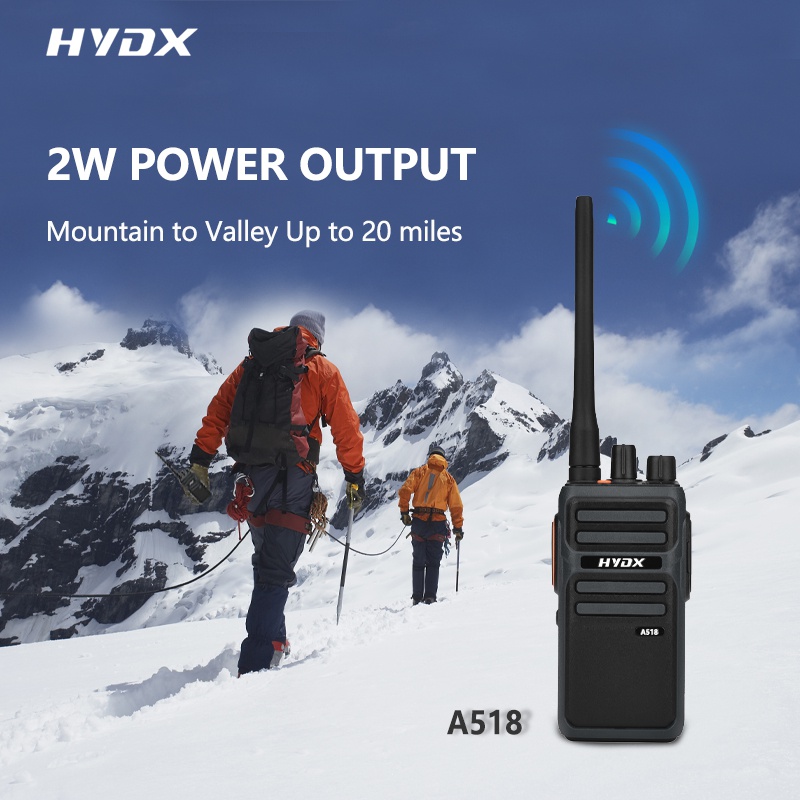Ham radio enthusiasts from throughout the region were at the Polk County Fairgrounds on Saturday, drawn by the lure of the semi-annual swap meet.

For some, ham radio is a hobby. Hams tends to use two kinds of gear: HF and VHF/UHF. HF gear is made to talk over long distances, while VHF/UHF radio is for talking around town. But for Kjell Lindgren, it was an out-of-this-world experience.
Ham radios work when other forms of communication don't. "(That's) huge, especially with the first one (Helene) that went through North Carolina. You could listen on the radio. They were able to facilitate getting aid to a lot of people,” said Josh Scott, Yamhill County Amateur Radio Emergency Services Group. “And in those events, there were people getting on their radio that weren't licensed. But they were still able to get on the Frs two way radio and ask for help.”

Oregon isn't home to major hurricanes. But local residents have their own worries. Fires, for example, and a ticking time bomb off the coast.
“If the Cascadia earthquake were to hit, the reality is that we will probably not have cell phones or telephones of any sort. The Internet will be down,”Scott said. "The only way you're going to be able to communicate after Cascadia is with radios.”

“Ham radios used to be more popular. Most of the people in their 70s and 80s were part of ham radio clubs and got their licenses. This was in almost every school,” she said. “Now, there’s a lot less of that going on. It’s a great hobby. But it’s going to be very valuable when the big one hits.”